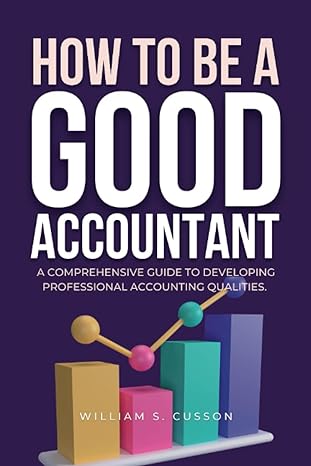Question
The Boston Cranberry Company operated a small facility where berries were unloaded from trucks, washed and packed, then delivered to local convenience stores for sale
The Boston Cranberry Company operated a small facility where berries were unloaded from trucks, washed and packed, then delivered to local convenience stores for sale to consumers. The facility only operated during the cranberry-harvesting season, which lasted for 100 days each summer. Last year, the company experienced problems with the amount of overtime it had to pay truck drivers, who drove the cranberries from the local farms where they had been harvested to Boston Cranberry Company's facility for processing. In particular, by lunchtime, the cranberry holding bins (known as "dumper bins") had filled up, causing the incoming trucks to "back-up" and wait before they could unload their cranberries. Mr. W. Boggs, the plant manager, was charged with fixing the problem. Several suggestions had been made, from adding more dumper bins to leasing more machines to speed up the plant's processing rate. He asked you to advise him on the best approach. On a typical day, trucks containing cranberries arrived at a rate of 6 trucks per hour, beginning at 8am, when the facility opened, and ending at 4pm, 8 hours later. The facility remained open until all of the berries had been washed and bagged. Each truck delivered a full truckload of berries. The trucks unloaded their berries into one of four dumper bins - each of which held two truckloads of cranberries. A conveyor belt carried the berries from the dumper bins into a single "washer" unit, where the berries were sprayed with a mixture of water and preservatives to ensure that they were clean. The washer had a maximum processing capacity of 5 truckloads/hour. After the cranberries left the washer, the conveyor belt dropped them into one of two "bagging" machines, where they were packed in plastic bags. Each of these machines had a maximum processing capacity of 2 truckloads/hour. The finished bags were manually loaded onto the company's delivery trucks for delivery (you can ignore this part of the process). Question to be answered: What improvements would you recommend that Boggs make? HINT: work out how much overtime you have been paying truck drivers on a typical day. Then look at how each proposed option would affect the facility's operations on a typical day. Boggs have provided the following data to help you evaluate potential improvements: Truck drivers were paid $10 per hour while they were waiting to unload Leasing 4 more dumper bins for the season would cost $10,000 (dumper bins could only be leased in quantities of 4; it was not possible to lease a single bin) Leasing an additional washer unit for a season would cost $5,000 Leasing an additional bagging machine for a season would cost $10,000
*Please ONLY answer what improvements you would recommend that Boggs makes given the information above*
DO NOT RE POST OTHER ANSWERS TO OTHER QUESTIONS POSTED ELSEWHERE. I AM ASKING YOU TO ANSWER ONE QUESTION ABOVE. NO RE POSTS ALLOWED.
Step by Step Solution
There are 3 Steps involved in it
Step: 1

Get Instant Access to Expert-Tailored Solutions
See step-by-step solutions with expert insights and AI powered tools for academic success
Step: 2

Step: 3

Ace Your Homework with AI
Get the answers you need in no time with our AI-driven, step-by-step assistance
Get Started


